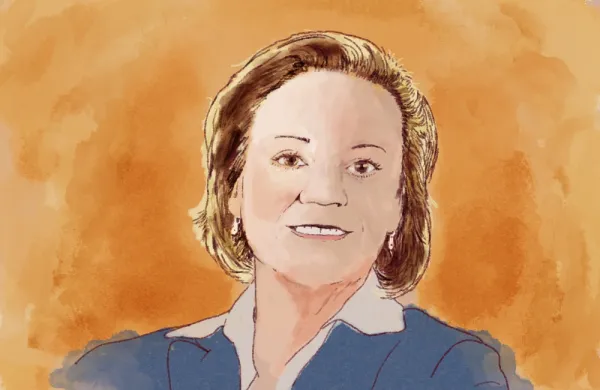Investors are clashing over the costs and benefits of accounting for market conditions in implementing risk-factor strategies.
Unigestion, the privately-owned investment group, has made the case for timing factor investments, a controversial approach which some of its peers have dismissed.
The fund group is one of a handful working to develop new ways to account for portfolio risk based on the economic drivers of individual risk premia. It says weighting portfolios in this way can improve returns over systems that disregard the macroeconomic environment.
“There is evidence that by monitoring a time of economic conditions, you can add value on top of a passive allocation to these risk premia,” Jerome Teiletche, head of cross asset solutions at Unigestion told Institutional Investor.
Initially, the researchers claimed to have identified the economic drivers of each risk premium. At its simplest, an investor tilted to the quality factor in equities may be positioned long on an established company and short a fledgling business. In this scenario, the tilt would perform better during periods of market stress than in bull runs.
Ungestion’s technical team have been using “nowcasting” principles to assess economic conditions, joining many of the world’s central banks including the U.S. Federal Reserve and Bank of England.
Unigestion is not alone in conducting work in the area of factor timing. Nomura Instinet’s Quantitative Investment Strategy (QIS) unit has also been researching it, with some success, according to managing director Joseph Mezrich.
“It is a really hard exercise,” he said, noting that this discourages many from trying. “But there are features of these factors that have clear connections to the macroeconomic environment.”
[II Deep Dive: Cliff Asness Blasts Rob Arnott on Factor Timing]
Despite some emerging champions, there are plenty of detractors who claim that any benefit is outweighed by higher costs and sacrificing diversification. Systematica Investments, the $8 billion hedge fund founded by Leda Braga, is among them.
“We don’t apply factor timing as our research indicates the incremental benefit of such an approach is more than offset by increased transaction costs,” said Matthias Hagmann, product manager at Systematica. He added that there was potential for diversification loss “by taking outsized style bets.” Like many, Systematica prefers to focus on “maximum diversification” over a fixed time period, he said.
But Mezrich of Nomura QIS dismisses claims that timing has to be expensive.
“You can do this with very cheap ETFs,” he explained. “The cost issue is really not relevant.”
Some fund groups acknowledge potential gains from timing, but say the speed of change in market turnarounds mean that macro-economic assessments are likely useless.
Wes Chan, senior vice president at Acadian, notes that timing alpha has become “a heatedly debated assertion,” primarily because of the limited number of distinct macro regimes against which to test.
Invesco’s Georg Elsaesser, a senior portfolio manager for quantitative strategies, warns that market turnarounds “cannot necessarily be predicted by an assessment of macroeconomic conditions” because factor rotations can be “sudden and strong.”
With representatives from the EDHEC-Risk Institute, MSCI, Research Affiliates, UBS, and Unigestion attending the Quantitative Management Initiative’s event, there is plenty of scope for further debate.







